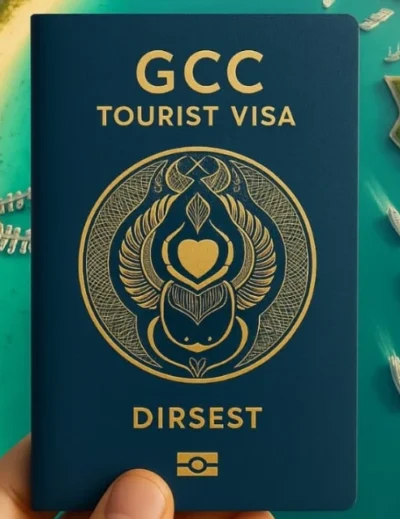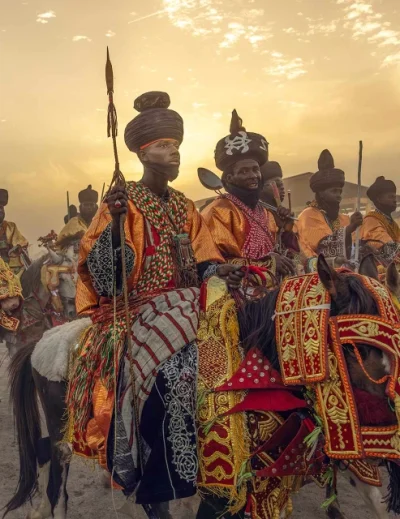
How bilateral tourism could strengthen Africa’s economic standing
With the air of uncertainty clouding global economy and trade, African countries have been seeking innovative ways to stimulate growth and create opportunities for their people. However, one often overlooked tool for this is bilateral tourism.
Bilateral tourism is the mutual exchange of tourists between two countries. Unlike the traditional model of tourism that often relies on visitors from Europe or the West, bilateral tourism within Africa has the potential to boost economies, and transform the continent from within.
As inflation, debt burdens, and global trade disruptions continue to weigh heavily on African economies, this presents an opportunity that is both strategic and sustainable.
But for this to work, African governments must start viewing tourism not just as leisure, but as an instrument of economic diplomacy and development.
Where bilateral tourism works
Bilateral tourism isn’t a new idea. Across the world, it’s been quietly driving economic growth between neighbouring and regional countries.
In Southeast Asia, countries like Thailand and Malaysia have benefited from visa waivers and joint tourism campaigns that encouraged mutual travel.
Similarly, in Latin America, countries like Argentina and Brazil have developed agreements that allow citizens to travel using only national IDs.
Even within the European Union, the Schengen Agreement has turned intra-Europe travel into a massive contributor to economic interdependence and cooperation all by making it easy to move across borders.
Africa’s own steps and the hurdles
Africa is not starting from zero. Regional blocs like ECOWAS and EAC have made it easier for member states to move across borders without visas. Initiatives like the African Continental Free Trade Area (AfCFTA) and the Single African Air Transport Market (SAATM) are also laying the groundwork for better regional integration, including tourism. Some countries, like Rwanda, Gambia, and Kenya, have dropped visa requirements for fellow African travelers, setting a commendable precedent.
RELATED: Ghana approves visa-free travel for all Africans
However, progress is uneven. Many African countries still require visas for fellow Africans, flights between neighbouring nations remain prohibitively expensive, and infrastructure such as roads, digital payment systems, and inter-country transport can be lacking. In many cases, it’s still easier and cheaper to fly to Europe than to the country next door.
Add to that limited marketing of African destinations to fellow Africans, and we begin to see why the potential of bilateral tourism remains untapped.
How Africa can champion bilateral tourism and win
Gaining the full benefits of bilateral tourism will require a deliberate, policy-driven approach across several fronts:
1. Simplify visa processes or eliminate them altogether
Visa-free or visa-on-arrival policies among African nations are essential. Countries that have done this have seen significant growth in tourist numbers and revenue.
- Improve air connectivity and transport
African airlines and governments must work together to reduce the cost of intra-African flights and open up direct routes between major cities. The SAATM, if fully implemented, could reduce fares significantly and increase passenger traffic by millions.
3. Invest in tourism infrastructure
From roads to hotels, signage to digital booking platforms, infrastructure must support the experience of local travelers. Smaller countries can pool resources to create shared multi-country packages that make economic sense.
RELATED: AU Summit renews the call for free movement in Africa
4. Promote African destinations to Africans
Tourism boards need to market local destinations in ways that appeal to fellow Africans. Shared languages, cultures, music, festivals, fashion are powerful hooks that can be celebrated continent-wide.
5. Include tourism in trade and bilateral agreements
Tourism should be treated as part of formal trade discussions between African countries. This helps prioritize it in budgets and opens the door to shared planning, training, and policy alignment.
What Africa stands to gain
If African nations commit to strengthening bilateral tourism, the benefits would be transformative:
- Job creation across hospitality, transportation, retail, food, and culture sectors
- Foreign exchange earnings from tourism spending without relying on external markets
- Stronger regional trade as people cross borders and discover new goods and services
- Cultural understanding and peacebuilding, reducing xenophobia and promoting unity
- Youth engagement through travel startups, cultural events, and innovation hubs tied to tourism
And these benefits aren’t just theoretical. A stronger tourism network could stimulate cross-border investment, support local artisans and small businesses, and even strengthen political ties as people see their neighbors not as threats or strangers, but as partners.
A call to action
For Africa to thrive in the 21st century, it must lean into collaboration over isolation. Bilateral tourism offers a compelling, people-centered way to do just that.
It is time for policymakers, private sector players, travel entrepreneurs, and citizens to rally behind this idea. Push for easier movement. Advocate for better transport. Celebrate your neighboring countries, not just far-flung destinations.
Africa doesn’t just need tourists. It needs each other.









Leave a Reply